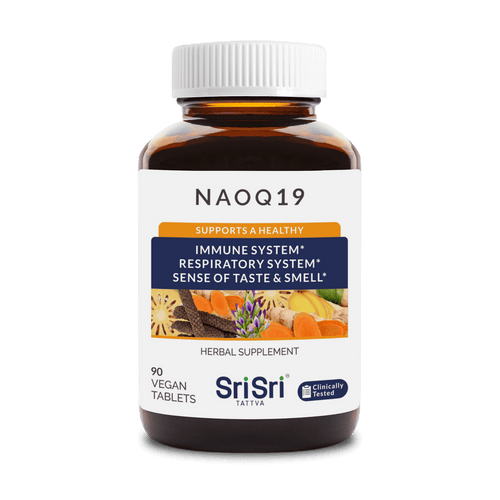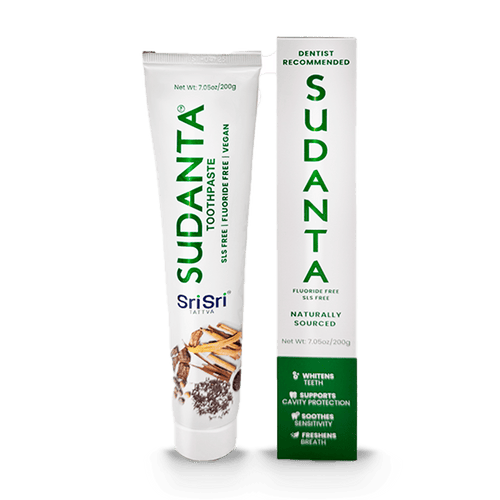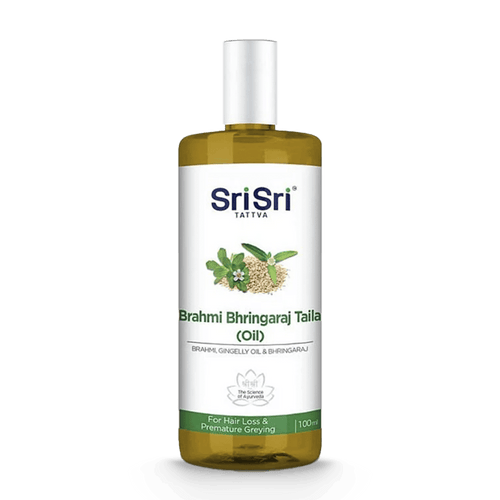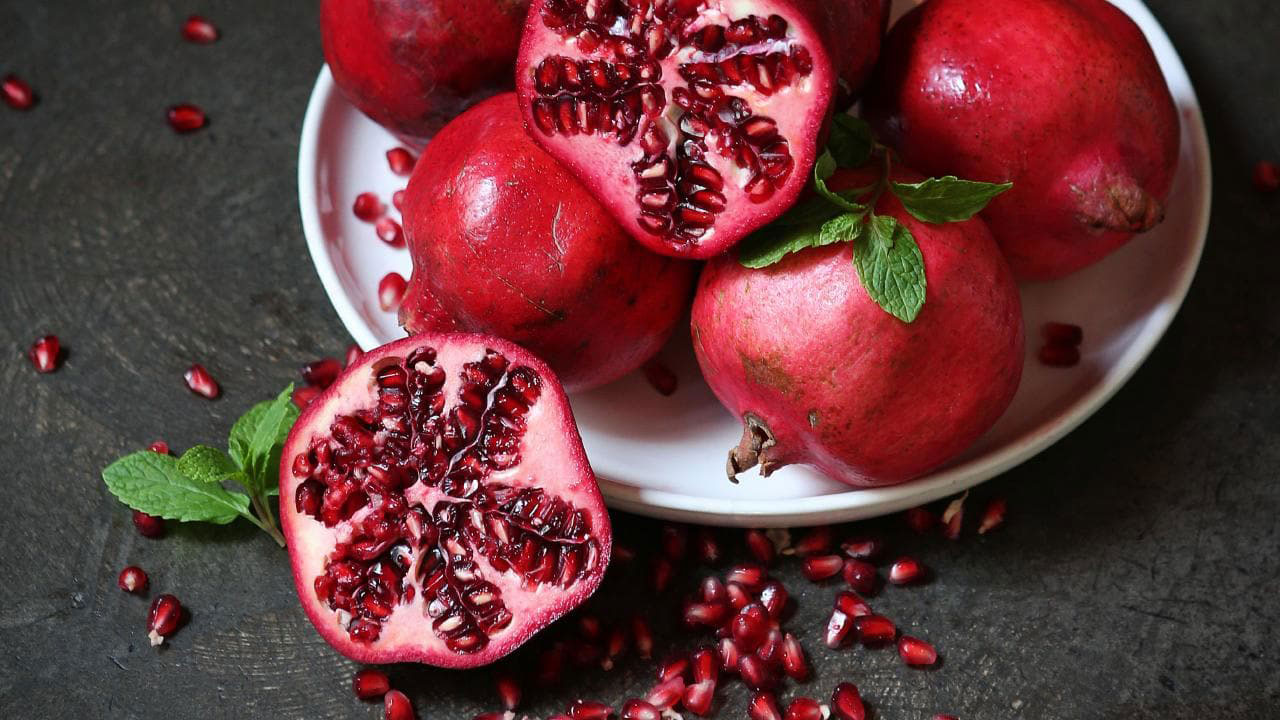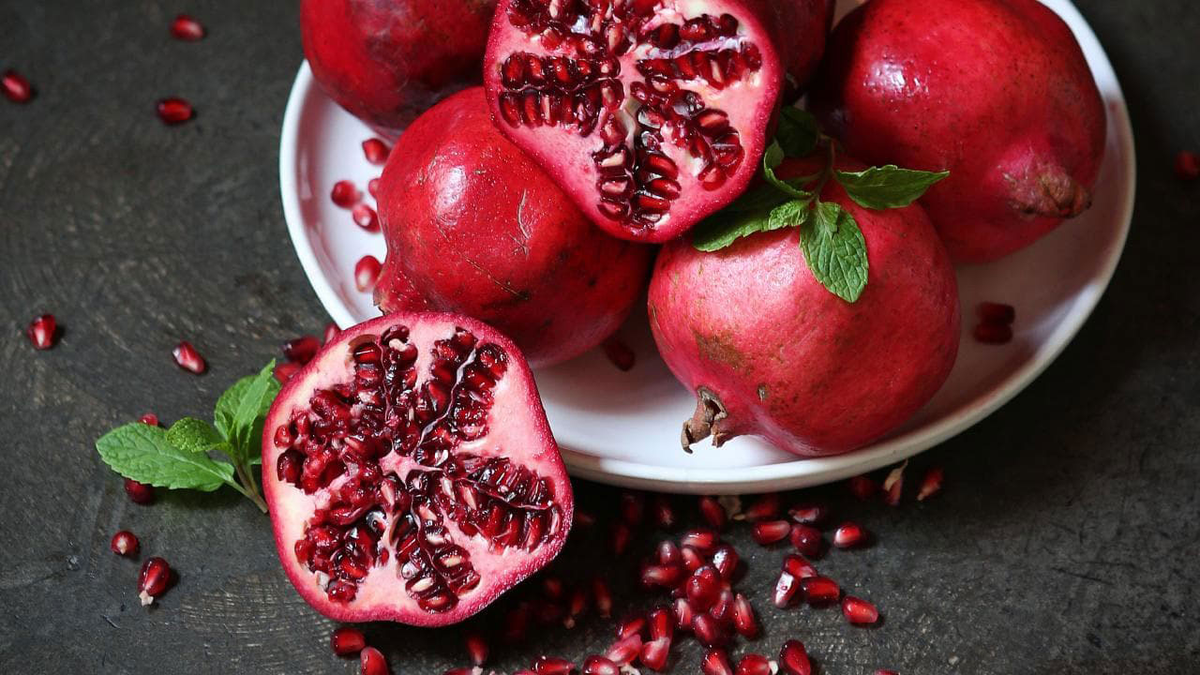Sri Sri Tattva USAIn the world of culinary delights, the charm of diverse tastes often takes center stage. Among these, the astringent taste stands out as a bold and distinctive flavor!
Yes, we're diving into the world of astringent tastes and the surprising benefits they hold for our well-being. While sugary treats and salty craves dominate our palates, these often overlooked tastes offer a unique symphony of health-boosting properties. Buckle up, food explorers, because we're about to unlock the secrets hidden within that delightfully dry, mouth-tingling sensation.
This article delves into the realm of astringency, exploring its definition, its presence in Ayurvedic practices, and the importance of incorporating astringent foods and bitter tastes into our daily diets.
What are Astringent Tastes and Astringent Foods?
Astringent taste is one of the six primary tastes, along with sweet, salty, sour, bitter, and pungent. It is often described as a dry, puckering sensation that leaves the mouth feeling slightly rough. Astringency is not limited to a single type of food; rather, it is a characteristic that can be found in various fruits, vegetables, and even some beverages. Think cranberry juice, unripe bananas, or a strong cup of green tea. These are just a few examples of astringent taste foods.
Astringent foods have a unique ability to bind to proteins in our saliva, creating that dry, puckering feeling. It isn't just a quirky sensory experience; it's a sign of potent plant compounds at work. Polyphenols, tannins, and flavonoids are behind the astringent curtain, offering a wealth of antioxidant and anti-inflammatory benefits.
They also often partner up with their bitter counterparts, creating a dynamic duo for well-being. Bitterness, like the one found in dandelion greens or dark chocolate, stimulates digestive juices and liver function, while astringency tightens and tones tissues, aiding in elimination and detoxification. It's a powerful one-two punch for a healthier you!
Astringent Foods in Ayurveda
Ayurveda, the ancient Indian system of wellness, places significant emphasis on the balance of bodily energies or doshas. Astringent taste foods play a key role in this holistic approach.
In Ayurveda, astringent tastes are considered to have a grounding and stabilizing effect on the body and mind. They are believed to counteract excessive qualities associated with sweetness and heaviness, bringing about a sense of lightness and clarity.
Believed to balance the Kapha dosha constituted of water and earth elements, astringent foods are said to reduce mucus, clear congestion, and promote healthy skin and hair. Think of them as nature's astringent toner, keeping your internal systems running smoothly.
How Bitter and Astringent Tastes Help Your Body
Astringent tastes do more than just pucker your lips. More than just a taste, astringent and bitter foods offer a balance to our doshic constitution. They're like nature's secret weapon, tucked away in unassuming greens, tart fruits, and earthy spices. Embracing them can be a game-changer for your health, promoting balance, boosting immunity, and supporting your body's natural detox pathways.
Antioxidant Powerhouse
Astringent compounds like tannins are champion antioxidants, scavenging free radicals and protecting our cells from damage. This translates to reduced risk of chronic diseases like heart disease and cancer.
Digestive Dynamo
Astringent foods can help tighten tissues in the digestive tract, potentially helping to alleviate diarrhea and regulate bowel movements. Think of them as a gentle tug to keep things moving smoothly.
Anti-inflammatory Allies
The astringent and bitter duo boasts impressive anti-inflammatory properties. This can help manage conditions like arthritis, joint pain, and even skin irritation.
Detoxification Delight
Astringent foods, with their tightening and cleansing abilities, can aid in eliminating toxins and waste products from the body. Imagine them as tiny brushes sweeping away unwanted gunk, leaving you feeling refreshed and revitalized.
Astringent Foods Unveiled
Astringent foods, by definition, contain compounds that cause a contraction of body tissues. These foods are known for their ability to promote a sense of balance in our taste preferences. Common examples include pomegranates, green apples, persimmons, and certain leafy greens. These foods not only tantalize our taste buds but also contribute to the overall harmony of flavors in our diets.
Curating a balanced and flavorful diet involves exploring the rich array of bitter and astringent foods. Here are a few of the most common astringent foods we can consume daily:
- Fruits: Pomegranate rind, persimmons, cranberries, and unripe bananas.
- Vegetables: Green beans, kale, Brussels sprouts, okra, artichokes.
- Nuts and Seeds: Walnuts, almonds, pine nuts, sesame seeds, sunflower seeds.
- Beans and Legumes: Lentils, chickpeas, black beans, kidney beans.
- Spices: Turmeric, coriander, cloves, fennel seeds, fenugreek seeds.
- Beverages: Green tea, black tea, unsweetened cranberry juice, kombucha.
Ways to Eat More Ayurvedic Bitter & Astringent Foods
Here are some easy ways to incorporate astringent and bitter foods into your daily meals:
Start Slow and Small
- Add a handful of spinach to your smoothie.
- Sprinkle pomegranate seeds on your salad.
- Swap sugary soda for unsweetened green tea.
- Experiment with a pinch of turmeric in scrambled eggs.
- Add coriander to your soup.
- Sprinkle fennel seeds on roasted veggies.
Embrace the Greens
- Incorporate leafy greens like kale, spinach, arugula, dandelion greens, and radicchio into salads, smoothies, sandwiches, and wraps.
- Blend them into smoothies for a nutrient-packed astringent boost
- Balance their bitterness with sweeter fruits like pears or oranges.
Explore Bitter Vegetables
- Roast Brussels sprouts, okra, and green beans with olive oil and cayenne pepper.
- Sauté bitters with garlic and onions.
- Steam, grill, or roast artichokes for a unique flavor experience.
Get nutty and Seedy
- Sprinkle chopped walnuts or pine nuts on yogurt, oatmeal, and salads.
- Snack on roasted chickpeas or sunflower seeds.
- Add almond butter or tahini to veggies or crackers.
Don't Forget Legumes
- Make a lentil soup with a squeeze of lemon.
- Roast chickpeas with your favorite spices.
- Add mashed lentils to burger patties.
Get Creative with Chutneys and Dips
- Make cranberry, pomegranate, or unripe mango chutneys.
- Pair them with grilled meats, fish, or roasted veggies.
- Try tahini-based dips with roasted beets or lentil dips with cucumber spears.
Remember to start with small, gradual changes. Experiment with different flavors and textures.
Listen to your body's cues and embrace the puckering power of astringent foods for a balanced and empowered you.
Astringent Supplements: Powerful Powders and Potent Pills
While embracing astringent taste foods is the natural pathway to unlock their benefits, some situations call for a more concentrated approach. That's where astringent supplements step in, offering potent doses of these beneficial compounds in convenient powder and tablet forms.
Remember, consulting your Ayurveda practitioner before starting any new supplement regimen is crucial, especially if you have underlying health conditions.
Astringent Herbal Powders
- Amla powder: This Ayurvedic powerhouse, rich in vitamin C and tannins, boasts astringent and antioxidant properties. Sprinkle it into water, smoothies, or yogurt for a tart and invigorating boost.
- Neem powder: Known for its cleansing and detoxifying properties, neem powder packs a powerful astringent punch. Mix it with honey or warm water for an internal cleanse or use it topically for healthy skin.
- Bilberry powder: Bursting with anthocyanins, bilberry powder offers both astringent and vision-supporting benefits. Add it to smoothies, baked goods, or even yogurt for a delicious and eye-friendly treat.
- Grape seed extract: This potent extract is concentrated in tannins and proanthocyanidins, offering antioxidant and astringent properties. Look for powder forms to mix into drinks or incorporate into homemade skin care masks.
Bitter Herbs in Capsules
- Dandelion root: A renowned digestive aid, dandelion root capsules offer a concentrated source of bitter principles. Sta rt with a low dose and increase gradually as tolerated, enjoying its detoxifying and liver-supporting benefits.
- Gentian root: Known for its intense bitterness, gentian root capsules stimulate digestive juices and promote stomach health. Use them cautiously due to their potent nature and follow recommended dosages.
- Wormwood: Traditionally used for gut health and parasite elimination, wormwood capsules are highly concentrated and should only be taken under the guidance of a healthcare professional due to potential side effects.
While supplements can be a valuable addition to a balanced diet, they should not replace whole foods. Start with lower doses and gradually increase as tolerated. It's crucial to view supplements as complements to a well-rounded and varied diet, providing an extra boost of astringent compounds when needed. Pay attention to any adverse reactions and consult your healthcare professional if needed!
Conclusion
So forget about flavorless fad diets and embrace the puckering power of astringent and bitter tastes! These often-overlooked sensations are nature's hidden gems, packing a potent punch of health-promoting properties. From antioxidant protection to digestive support, detoxification potential to overall balance, they offer a holistic approach to well-being that goes beyond the sugary sweet.
Incorporating these versatile tastes into your life doesn't require drastic measures. Start small, experiment with spices and leafy greens, add a burst of bitterness with nuts and seeds or explore the world of Ayurvedic herbs. So, pucker up, explore, and embark on a delicious journey towards a healthier, happier you!
